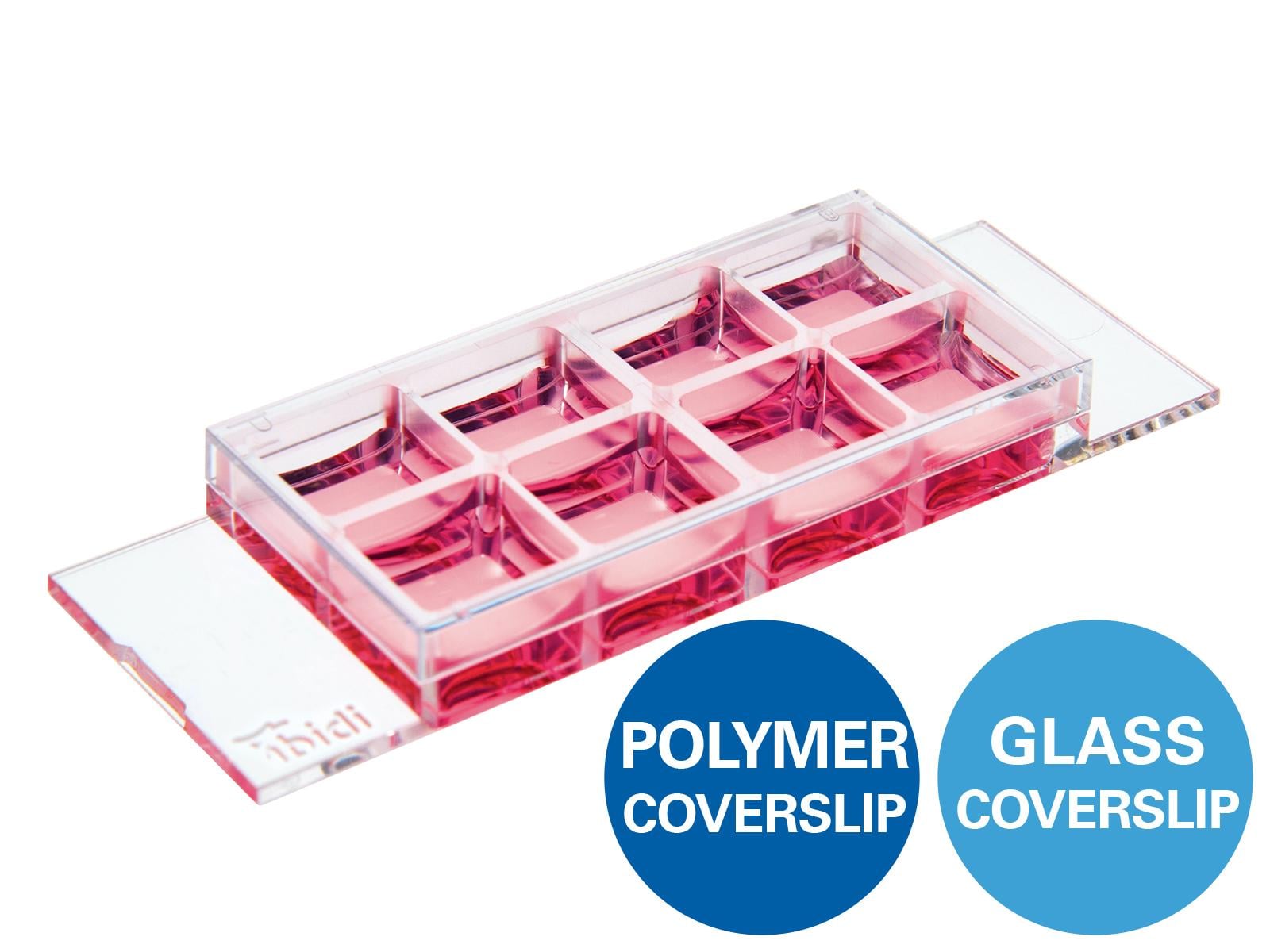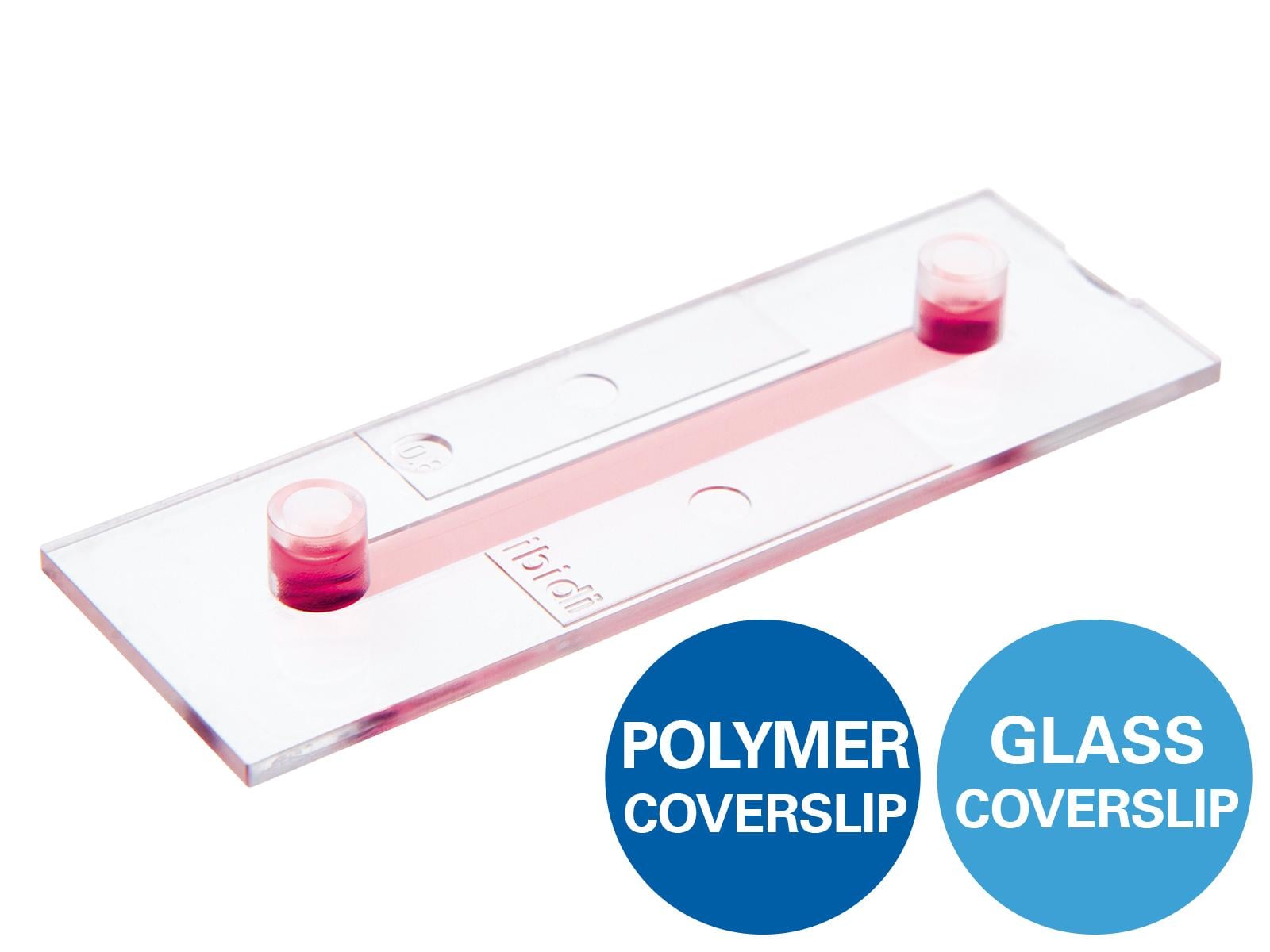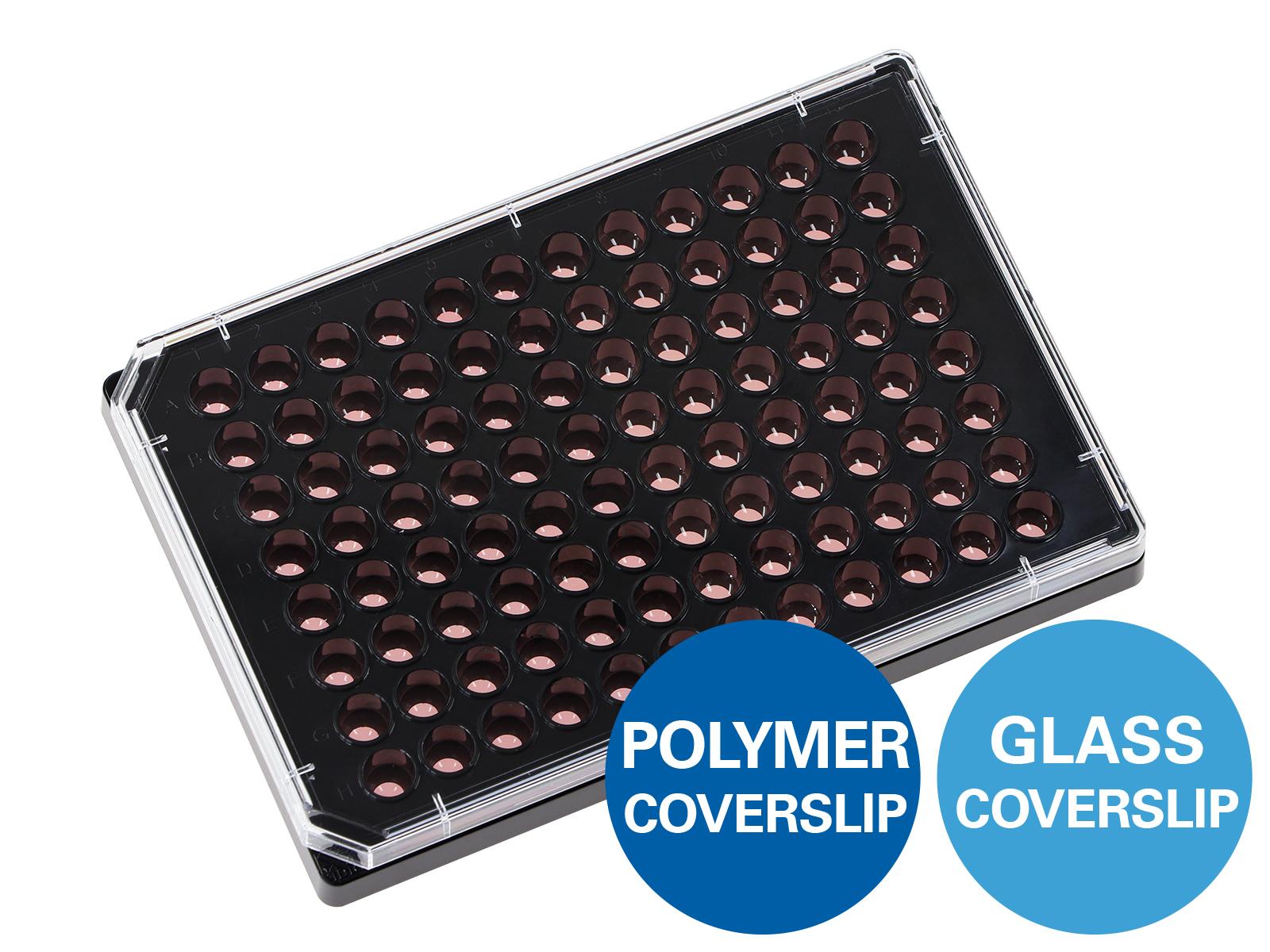The 2022
Walther Flemming Award
The DGZ (Deutsche Gesellschaft für Zellbiologie – German Society for Cell Biology) and ibidi honor Dr. Andrew Clark with the 2022 Walther Flemming Award.
The Online Award ceremony on November 22, 2022 included a talk about "Collective Cell Dynamics in Physiology and Disease" given by the winner.
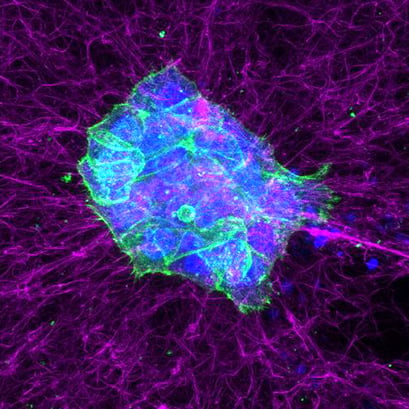
A cluster of A431 epidermoid carcinoma cells migrating on a fluorescently labeled collagen-I network (TAMRA-Collagen, magenta). Cells were fixed and stained with DAPI to label cell nuclei (blue) and phalloidin-Alexa633 to label F-actin (green).
Dr. Andrew Clark, Junior Group Leader
Andrew received his Bachelor's degree in Molecular Biology from the University of Wisconsin-Madison and studied epithelial wound repair in the lab of Bill Bement. He then moved to the Max Planck Institute for Molecular Cell Biology and Genetics in Dresden, where he did his PhD studying the organization and mechanics of the cellular actin cortex in the lab of Ewa Paluch. Following a short follow-up postdoc at University College London, he moved to Paris to do a postdoc at the Institut Curie in the lab of Danijela Matic Vignjevic. During his postdoc, Andrew studied collective cell migration in a number of contexts, including using microfluidic devices to study collective chemotaxis, as well as mechanical interactions between cells and ECM networks during migration and collective migration in the intestinal epithelium. Andrew started his own group in May 2021 as a joint position between the University of Stuttgart, Institute for Cell Biology and Immunology and the University of Tübingen, Center for Personalized Medicine, where his lab studies intestinal epithelial dynamics in physiology and disease.
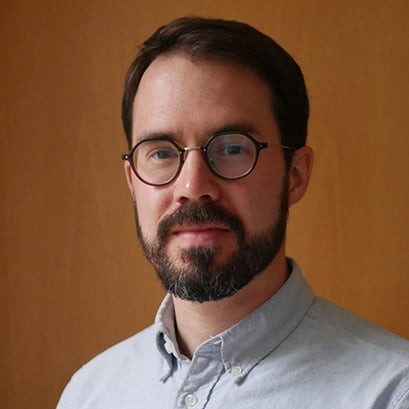
More detailed information on Andrew’s research is available at:
https://www.izi.uni-stuttgart.de/en/research/clark/
A mouse small intestinal organoid stained with Hoechst to label all cell nuclei (blue) and EdU to label nuclei of actively dividing cells (cyan). Organoids were fixed 30 minutes after adding EdU and coupled to Alexa647 using a Click-iT Plus EdU Imaging Kit (ThermoFisher). Image was acquired using an inverted Eclipse Ti-E microscope (Nikon) with a 20x water immersion lens (NA 0.95), CSU-W1 spinning disc (Yokogawa) and Prime 95B sCMOS camera (Photometrics) integrated by Gataca Systems. Image represents a a brightest point projection of a 3D imaging stack.
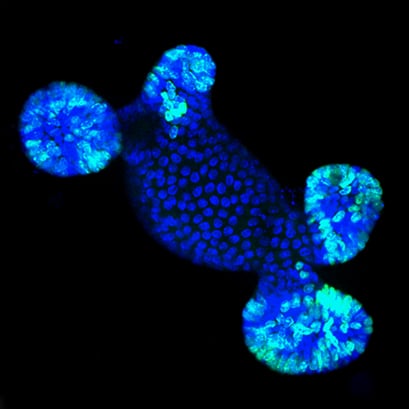
The Walther Flemming Award
Since 2004, the German Society for Cell Biology (DGZ) and ibidi annually offer the "Walther Flemming Award," which recognizes excellent research in cell biology. The award consists of a financial contribution of EUR 3.000 that is given to senior postdoctoral researchers and early career group leaders for recent work that defines their emerging independent research profile.
The award was created to honor Walther Flemming, one of the pioneers of cell biology and cytogenetics. He investigated the process of cell division and coined the terms chromatin and mitosis.

